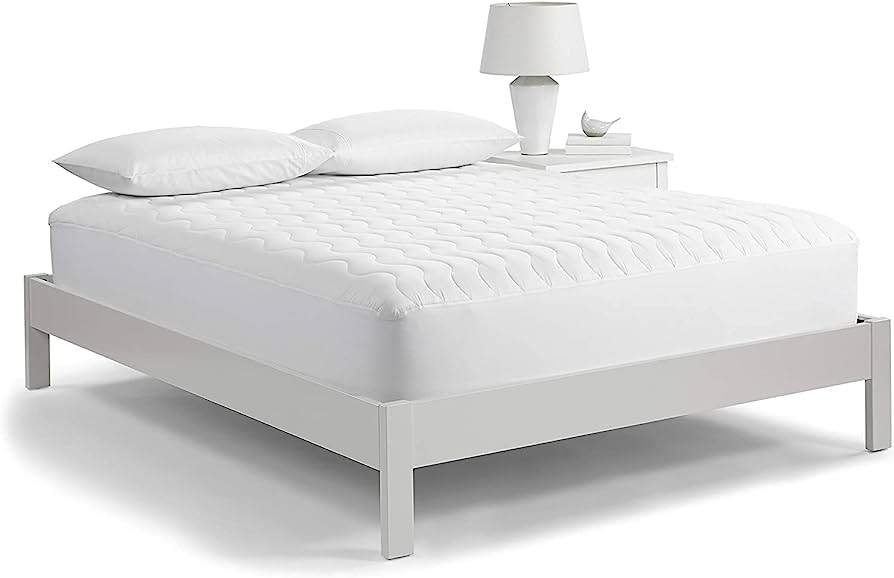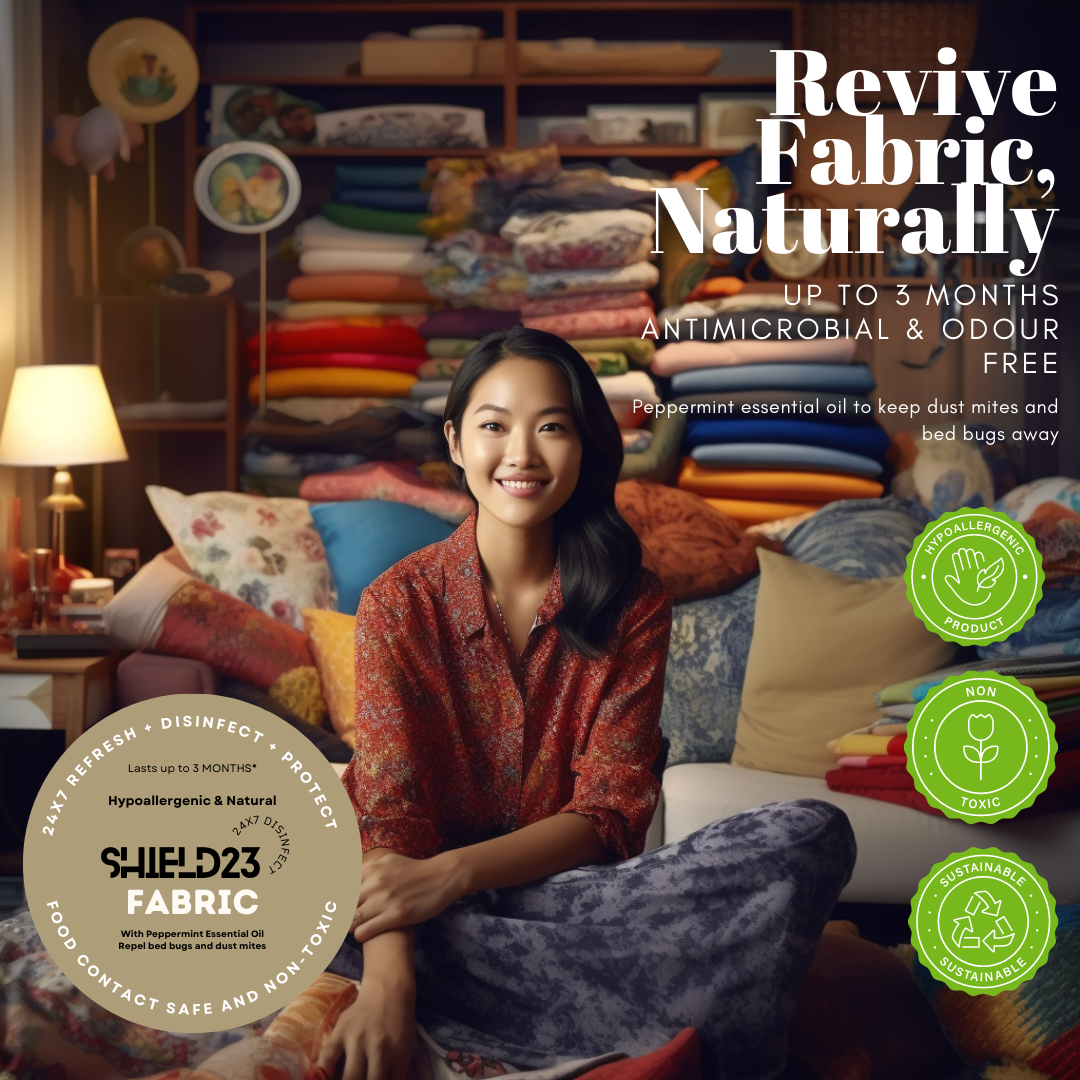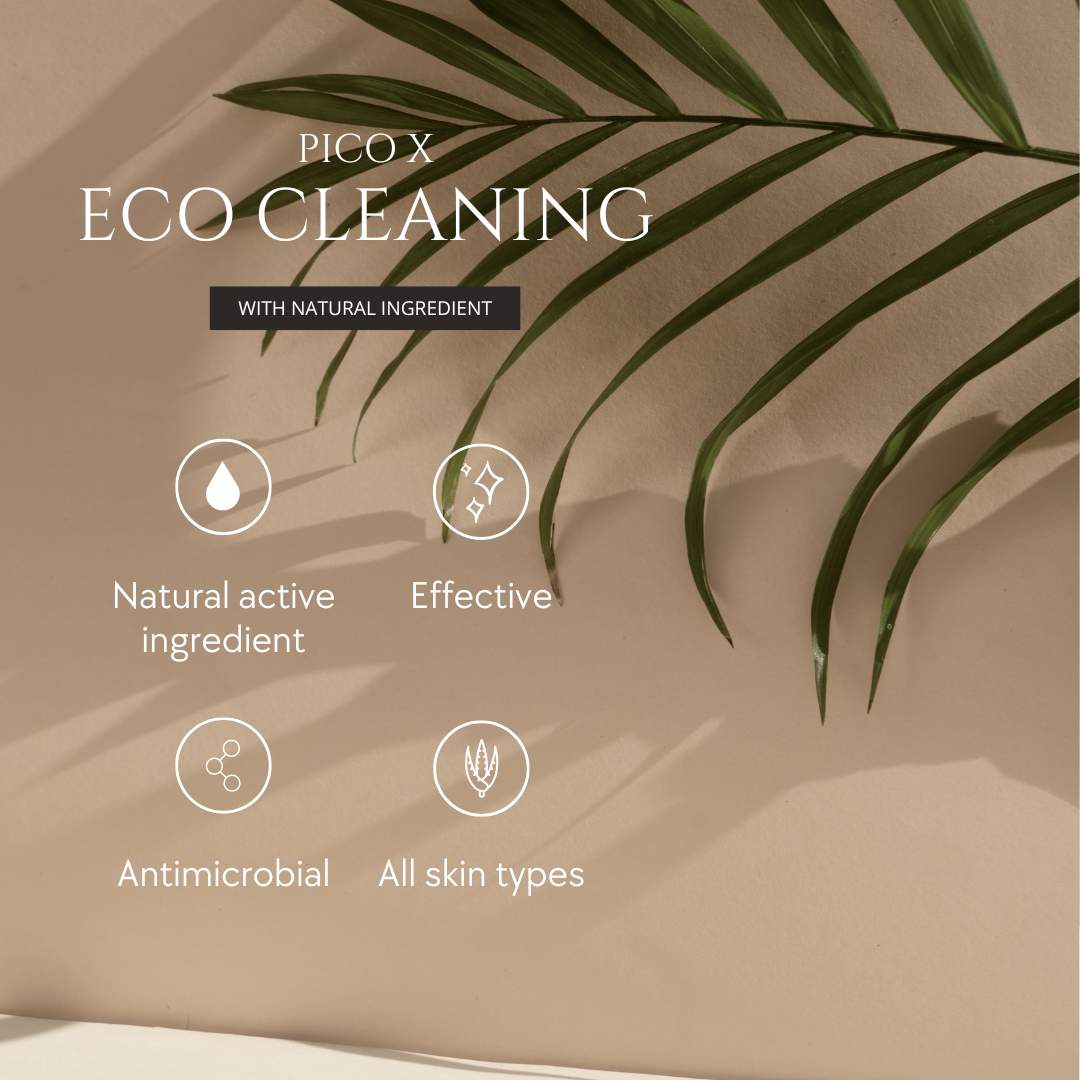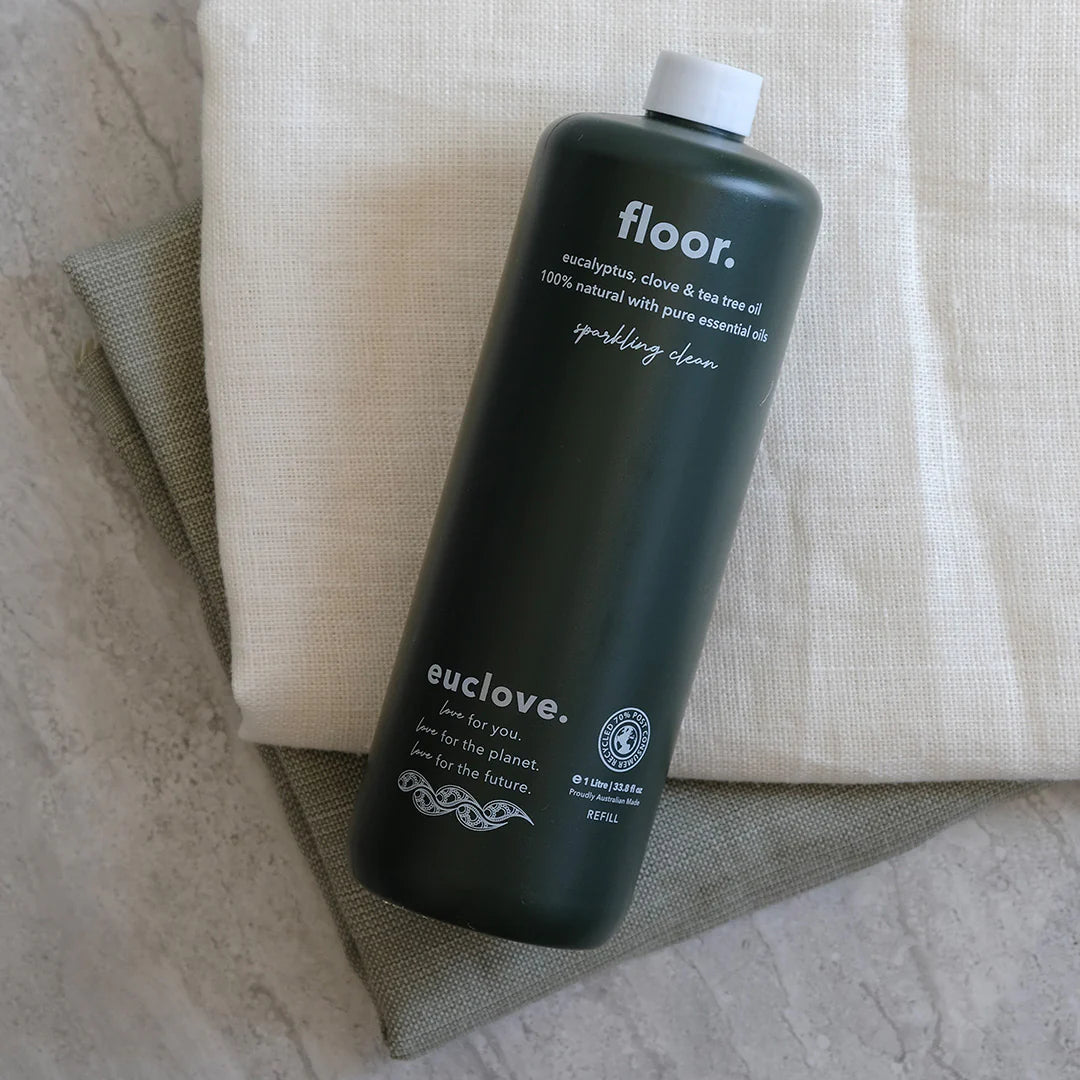-

Adoption of Antimicrobial Coating In The Hospitality Industry
-

Antimicrobial Coated Mattress For A Safe Night's Sleep
-

A safe way to improving indoor air quality and prevent mould at home.
-

Antimicrobial Coatings on Mattresses
-

Antimicrobial Coatings: A Revolution in Home and Commercial Space Hygiene
Achieving Radiant Skin the Sustainable Way: A Guide to Low-Impact Skincare
- 2 min reading time
In the quest for healthy, radiant skin, many of us have been drawn into complex skincare routines involving numerous products. However, as we become more aware of our environmental footprint, there's a growing interest in low-impact skincare. This approach focuses on minimizing environmental harm while maintaining effectiveness. This article will guide you on how to maintain your skincare routine in the most effective yet low-impact way.
Understanding Your Skin
The first step in any skincare routine is understanding your skin type. Whether you have dry, oily, combination, or sensitive skin, your skincare routine should be tailored to meet your skin's specific needs. This not only ensures effectiveness but also reduces waste from unnecessary or unsuitable products.

Simplicity is Key
A common misconception is that effective skincare requires a multitude of products. However, a minimalist approach can be just as, if not more, effective. A basic skincare routine involves three steps: cleansing, toning, and moisturizing. By focusing on these key steps, you can maintain healthy skin while reducing the number of products you use, thus minimizing waste.
Choose Quality Over Quantity
When it comes to low-impact skincare, the quality of the products you use is more important than the quantity. Opt for products with high-quality, natural ingredients that are known for their skin benefits. For example, ingredients like aloe vera, green tea, and jojoba oil are gentle on the skin and have proven benefits. High-quality products tend to be more effective, meaning you can use less and still achieve great results.
Sustainable Packaging
The packaging of skincare products can have a significant environmental impact. Opt for brands that use recyclable or biodegradable packaging, or offer refillable options. This not only reduces waste but also supports the circular economy.
DIY Skincare
Making your own skincare products can be a fun and sustainable alternative to store-bought products. Ingredients like honey, oatmeal, and yogurt can be used to make face masks, while sugar or coffee grounds can be used as natural exfoliants. Not only does this reduce packaging waste, but it also allows you to control exactly what goes onto your skin.
Sun Protection
Sun protection is a crucial part of any skincare routine. However, many sunscreens contain chemicals that can harm marine life. Look for sunscreens with physical blockers like zinc oxide or titanium dioxide, which are reef-safe and provide effective protection against harmful UV rays.
Maintaining an effective skincare routine doesn't have to come at the expense of the environment. By simplifying your routine, choosing high-quality products, opting for sustainable packaging, and exploring DIY options, you can achieve radiant skin in a low-impact way. Remember, skincare is a personal journey, and what works for others may not work for you. Always listen to your skin and adjust your routine as needed. With a little patience and consistency, you can enjoy healthy, glowing skin while living a more sustainable lifestyle.
Tags
-

Best Fabric Refresher 2023
-

Looking for the Best Cleaning Services in Singapore?
-

Benefits Of Essential oil Based floor cleaners - Eucalyptus, Clove and Tea Tree
-

Top ten cleaning services in Singapore?









